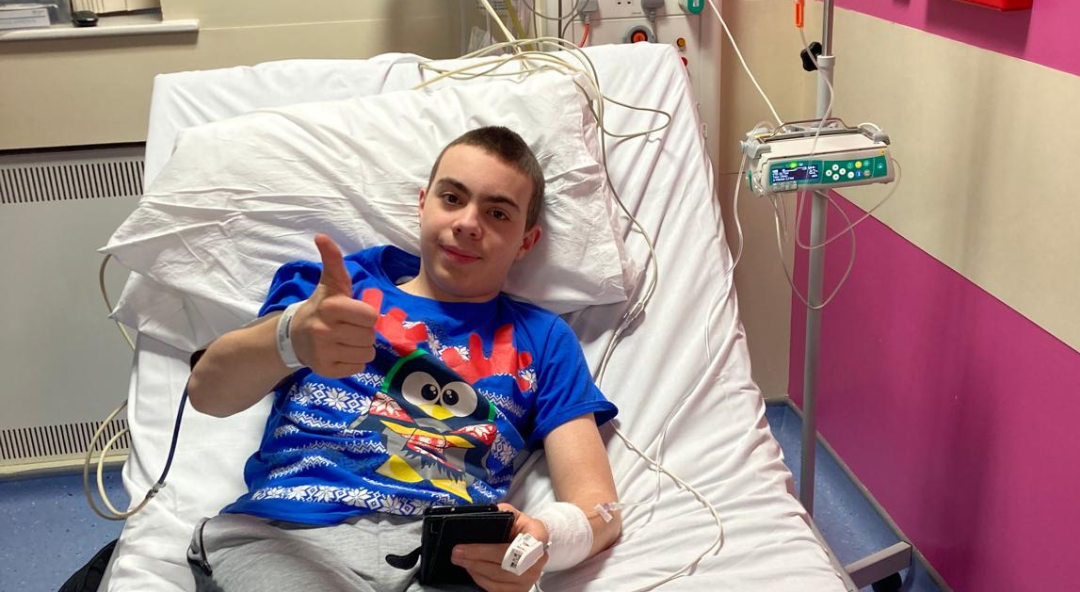The BHP CARP scheme – Anna’s story
The BHP CARP scheme – Anna’s story
 Dr Anna Seale is Paediatric Consultant at Birmingham Children’s Hospital, part of BHP founder-member Birmingham Women’s and Children’s NHS Foundation Trust. Through her BHP Clinical Academic Research Partnerships (CARP) award she progressed the PRAADA2 study, seeking to understand the Impact of a Prenatally diagnosed isolated Right Aortic And Double Arch. We spoke to her about her recent experience on the CARP scheme, which she completed between 2023-2025.
Dr Anna Seale is Paediatric Consultant at Birmingham Children’s Hospital, part of BHP founder-member Birmingham Women’s and Children’s NHS Foundation Trust. Through her BHP Clinical Academic Research Partnerships (CARP) award she progressed the PRAADA2 study, seeking to understand the Impact of a Prenatally diagnosed isolated Right Aortic And Double Arch. We spoke to her about her recent experience on the CARP scheme, which she completed between 2023-2025.
What attracted you to apply for the CARP award?
I am a full-time consultant in fetal and paediatric cardiology. I have always been academically active but really struggled to keep this going in the current era, especially with the demands of clinical work in the NHS. The CARP award helped me build on the academic work I had already been working on and gave me the time and recognition for what I was doing.
What were the main benefits of securing this award?
Links with the University of Birmingham. Birmingham Children’s Hospital is not on the same site as the University and previously I had very little connection with its academics. Awards like the CARP award can link research-interested clinicians to people and infrastructure of the university.
How challenging was it to protect your research time during the award?
My medical colleagues were really supportive of my CARP fellowship and enabled me to have time for academia. However, changes within the NHS, such as reduced administrative support for consultants, made protected time challenging. This was particularly true towards the end of the post.
What are your aims for your ongoing research activity, now that this award has ended?
During the award, I was able to collaborate with other academics in different institutions, and I have had formal roles in UK and European Associations linked with my speciality. This has led to further projects which I will continue. The work on my CARP project has also generated data and ideas for further work and grant applications.
Do you feel that the award has helped you with your career development and aspirations?
Without the CARP fellowship I would not have been able to publish the work that I, and others, have produced. Publishing academic work is hugely important in developing an academic profile not only for myself, but also our institution.
What would your advice be to anyone thinking of applying for a BHP award?
Think carefully about what you are going to do, be flexible that things may change as you learn more about your project, use the resources of the academic institutions, and recognise that this is only the start of a longer journey. Just do it!





